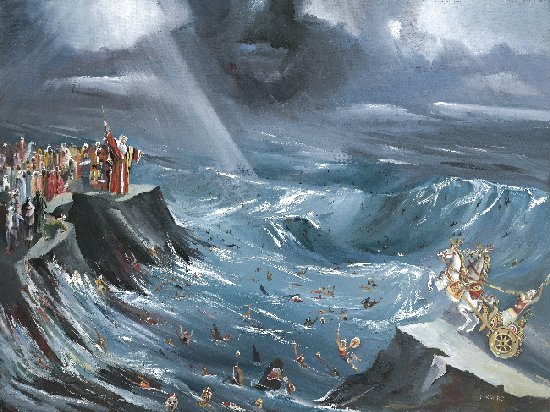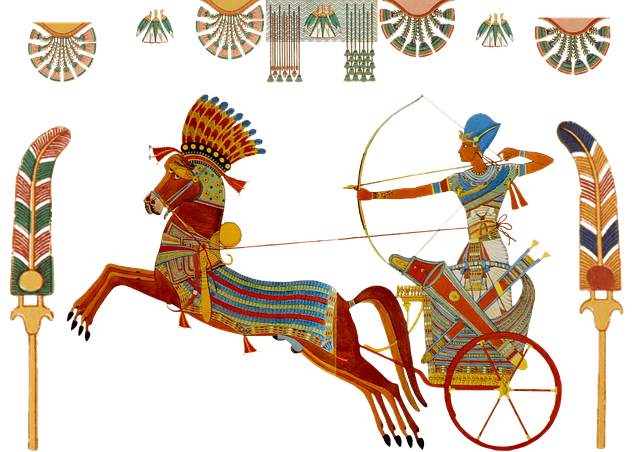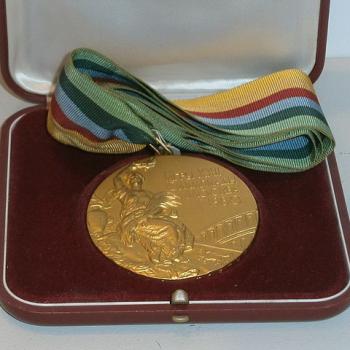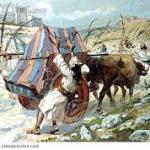
The 150th Kentucky Derby on Saturday May 4th puts horses in the spotlight. Owners, jockeys, and bettors trust their horse to bring them success at Churchill Downs. While relying on horses for a positive outcome is required in horseracing, humans’ reliance on “horses” in life is a poor choice. The Bible urges trust in God, not horses.
Ever-Present Equines
Horses, those graceful four-legged animals with hooves, a long nose, a tail, and a mane of hair atop their backs, are long-time residents of Earth. Humans began domesticating them around 4000 BC, with widespread domestication thought to have been achieved by 3000 BC.
Man took advantage of the presence of horses to incorporate them into his activities for both business and pleasure. Horse riding could be enjoyable for leisure and efficient for transportation. Additionally, horse racing could be entertaining and profitable. Horses could be turned into workhorses who pulled loads or warhorses who carried soldiers.
Warhorses in History
Horses as a tool for warfare spans most of recorded history. Archaeological evidence establishes this use as early as between 4000 and 3000 BC, with utilization of horses in wars common before the end of the Bronze Age.
In more modern times, the Napoleonic Wars saw the widespread use of horses in combat. Napoleon’s famous war horse, a gray Arabian stallion named Marengo, carried the French emperor during several important military campaigns.
The United States Cavalry, a horse-mounted cavalry force which existed in various forms from 1775 to 1942, played an important role in US history. Its service included participation in the American Revolutionary War, and every subsequent major war with US involvement.
Military Horses in the Bible
Although horses are not mentioned in the Bible’s account of the Garden of Eden, they do play a memorable and military role in the Israelites’ escape from Egypt. Part of the reason Pharoah was so mighty was his impressive army, which, according to Exodus 14:9, included not only foot soldiers but horsemen and chariots and horses as well. The Egyptian ruler sent over 600 chariots to pursue the fleeing Israelites.
God’s people left Egypt traveling on foot without armed accompaniment. As Pharaoh’s slaves, the Israelites had received no military training or weapons. So, reasonable minds would believe the militarily equipped and trained Egyptians would prevail in this scenario. But relying on the “horses” of the Egyptian ruler’s army didn’t help Pharaoh. God miraculously parted the Red Sea for His people to cross and then released the waters to swallow the troops, chariots, and horses. The God of the former Egyptian slaves took care of the horses and all the rest of Pharaoh’s army to protect His people.

Reliance On Horses
Humans’ reliance on horses for waging war and securing their country with a might army establishes their tendency trust the tangible. People can see horses while they cannot see God, making the presence of big animals more reassuring.
God recognized man’s bent for this perspective and warned His people about it. He knew they would clamor for a king to rule over them, and He gave a directive for whoever was to fill that position. The king should not acquire a great number of horses. This command did not indicate God didn’t like horses. He simply desired His people to rely on Him instead of the military might which the horses represented.
God also knew His people seeing armies with horses would give rise to fear. He encouraged them not to fear by using His deliverance from Egypt as a reminder of His power and care for them. Deuteronomy 20:1 tells the Israelites not to be afraid when going to war against an enemy with a great army with horses and chariots because God would be with them as He had when they fled Egypt.
Lesson Learned?
Some of God’s people understood His message about reliance on horses. Passages in Psalms evidence their comprehension. Psalm 33:17, for example, states a horse is a “vain hope for deliverance” because, despite its great strength, it cannot save. Psalm 20:7 goes further and expresses that, while some trust in chariots and horses, “we trust in the name of the Lord our God.”

Horse At The End Of The Bible
While references to horses in the Bible seem negative, the point is not that horses are bad. Instead, the key is who uses the horses. The enemies of God’s people utilizing horses for fighting cannot win against God’s might. But God will prevail when He is the One mounted on a steed. Revelation 19:11 describes a scene with heaven standing open to reveal a white horse with a rider who wages war with justice—Jesus. Wearing a crown, He rides as a conqueror.
Believer’s Choice
The bottom line for Christians requires making a choice. Where will trust be placed? In the “horse” or in its rider? Choose what the Bible teachers. Trust in God, not horses.


















